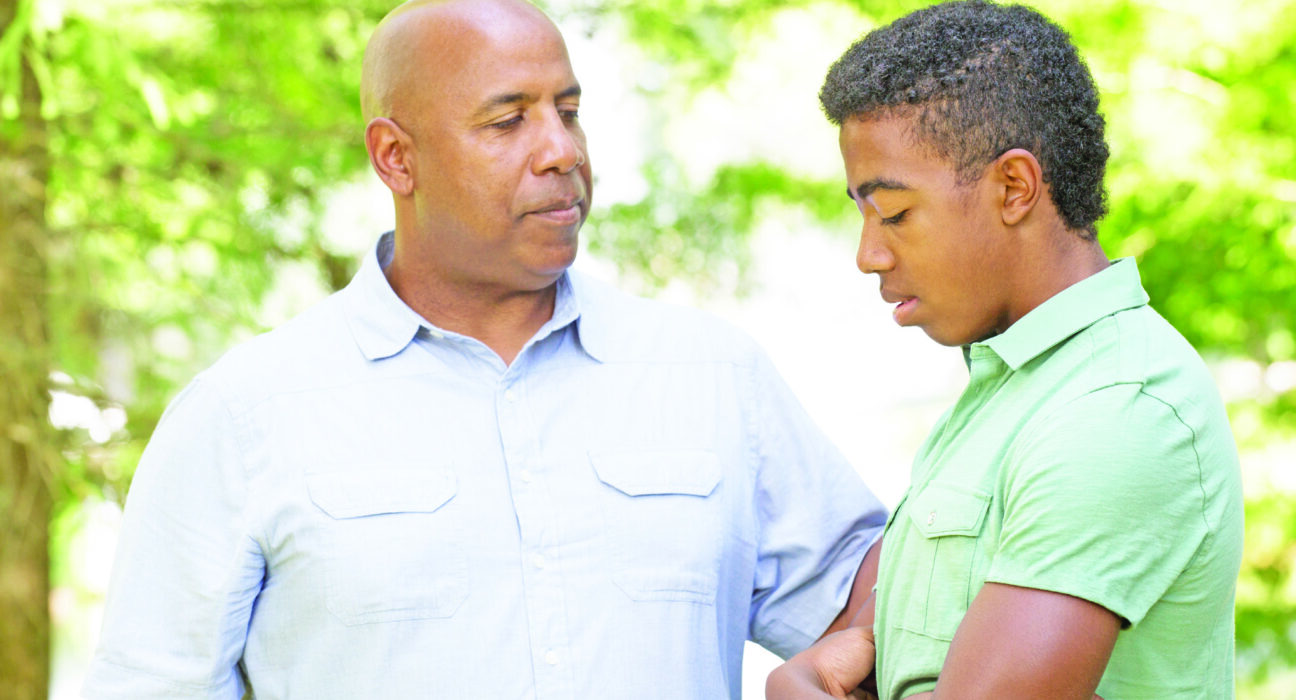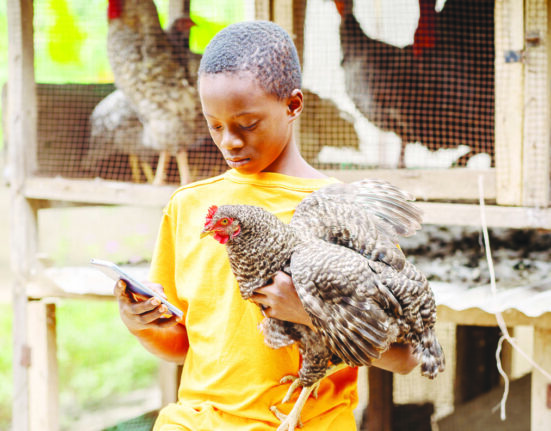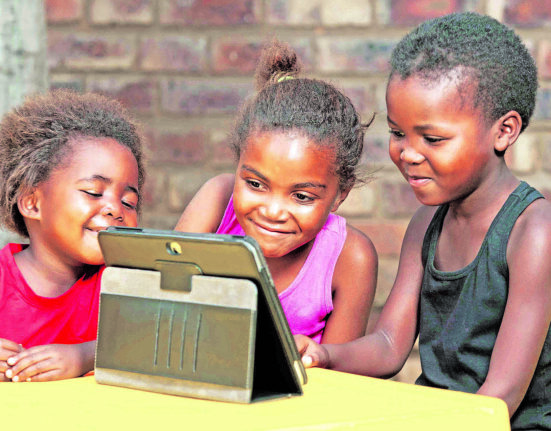(This article was first published in the New Vision on July 28, 2021)
Child Growth
By Moses Mpanga
While the country is still under a 42-day COVID-19 lockdown, adolescents are continuing to experience some body changes and they need help and support from their parents and guardians.
The country is still under a 42-day lockdown; your adolescent child’s body is not! Their hormones are not either!
As I write this, your little princess or prince just celebrated their 15th birthday or maybe 12th.
Your child may have just downloaded pornography during a virtual class session.
Your son may have just experienced his first nocturnal emission, a girl that has just experienced her menarche.
There is a boy that just got a girl pregnant, a girl willing to have her first sexual encounter to ‘heal her menstrual cramps’.
In all this mayhem, there is a parent/guardian working from home, delivering on all assignments, attending all virtual meetings and once in a while, ironically telling herself ‘God knew I needed this break from work’ as she submits a mandatory daily activity report.
Needless to say, the essential working parent is physically away for work.
Striking A Balance
Parents are struggling to strike a balance between work and parenting. And yet, what becomes of their adolescent children for the most part rests on the quality of guidance given, first, at family level.
About nine million, adolescents make up a quarter of the population in Uganda according to UNICEF. All these are integrated in homes with only a few runaways on the streets.
Although, naturally, it is a parent’s duty to raise their children in a desirable manner, for a long time, parents/guardians have blamed their children’s behaviour on schools, considering the significant periods spent there.
Now that children are more at home, it is the same script, different cast.
Children’s pubertal development continues to progress regardless of the prevailing circumstances.

Hormonal Changes
The hormonal changes that come with puberty are varied.
They include on-and-off sexual urges and pubic hair for both boys and girls.
They will also experience hair growth in their underarms and on the face for boys as well as acne.
Girls will have budding breasts. Boys will experience voice changes and start producing testerone, a hormone that stimulates the testes to produce sperm and experiencing involuntary erections. Your son has no idea that this is a normal phenomenon.
Girls tend to crave for more affection, making them unrealistically emotional and teary for no apparent reason. All these body changes are not adhering to the 42-day ultimatum! Your child’s body changes are a constant!
Exploration In Adolescents
As development continues, so does your child’s explorative nature.
As adolescents experience all these changes, their curiosity takes over, they will naturally want to make sense of the changes.
They will want to be guided, although majority of them will not be inclined to initiate these conversations with their parents. An innate urge will push them to seek answers away from their parents/guardians. Strangers and peers will help them normalise myths and misinformation.
This greatly accounts for early sex débuts and a spurt in teenage pregnancies.
In Uganda; more than one out of four adolescents (15–19 years) becomes pregnant with the rates at (27%) in rural and 19% in urban Uganda (Reproductive Health Uganda-RHU).
Availing ourselves, creating time for our children at family level can overturn these trends.

Holding Conversations
The conversations we hold, the games we play, the jokes we crack and the counsel we give during the intentional times we spend with our children help build innate virtues and values to tap into when faced with a difficult/ confusing situation about their bodies.
In the excerpt below, Farmer Mylène accounts for a memory he has of his father that still speaks to him and directly translates into guidance in his adulthood;
‘’I remember a game we played when I was maybe two or three years old. I would climb up on a chair and yell “catch me” as I would jump into (my father’s) arms, squealing with delight. I remember the day it happened clear as it was yesterday… I yelled out “Daddy, Daddy,” as I jumped off the kitchen chair with my arms outstretched as I reached out to him…” (Mylène Farmer 1991).
Times spent with our children hardly go unnoticed. The counsel we share similarly digs deep.
Availing yourself to your adolescent during and after the lockdown will help you together journey through their changes, clarify myths from peers and strangers, normalise what seem like abnormalities with their bodies.
As a parent, knowing when they wish to talk and how to initiate a conversation about their bodies is an important skill at this stage.
Conversation With Children
I have introduced the three-step-process to start a conversation about puberty and they report that it works.
Find out what your adolescent already knows. For example, you could ask, ‘Do they talk about puberty and physical changes at school? What do they say?’
Normalise! Give your child the facts and correct any misinformation. For example, ‘I went through these changes, but sometimes, we all go through them differently’.
Use the conversation as an opportunity to talk about your values. For example, ‘If you have a wet dream, don’t worry – just strip the bed and take your sheets to the laundry’.
Sometimes, you can start a conversation by picking up on a book that you have both read or a comment on the radio as you’re driving in the car.
The writer is a family, child and adolescent psychologist and a children’s development advisor









Leave feedback about this